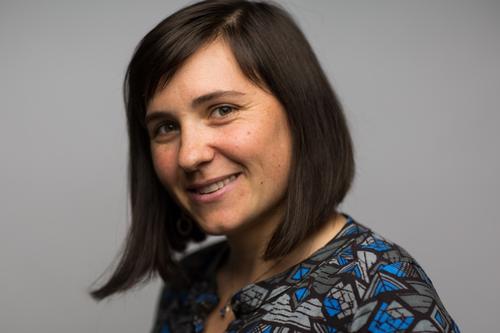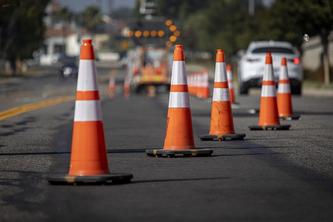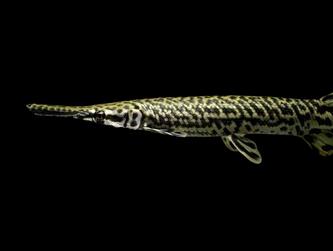
As temperatures rise due to global warming, Minnesota is expected to see its climate change, with increased precipitation, more severe rainfall events and warmer, snowier winters.
The University of Minnesota’s Heidi Roop, a newly-hired assistant professor of climate science in the Department of Soil, Water, and Climate and Extension Climate Scientist, is available to speak about the science of climate change, extreme weather and climate events; her research into climate change impacts; and how communities, state agencies and the private sector can prepare for climate change.
Heidi Roop, Ph.D.
On preparing for climate change
“Our society is built upon the premise of a stable climate, but climate change is stressing the systems we rely on every day—from the water in our taps and the food we eat to the roads we drive on and lands we recreate in. Often referred to as a threat multiplier, climate change will alter the way we live and make the events that stress our infrastructure, our health and our communities more frequent and severe. Think extreme weather, damaging storm events and changes to our forests, lakes and livelihoods. While our future will look different with climate change, state and federal agencies, water utilities, power companies, universities and non-profits are all working hard to help prepare our communities for the changes ahead. Through reducing our carbon footprints and preparing for the changes we’ve already committed to, we help ensure thriving communities and ecosystems in the decades ahead.”
On connecting climate science to action
“Preparing for and adapting to climate change requires regionally-relevant climate science. How warm will it be in Minnesota in 2030, 2050, or 2100? How much will rainfall or snowfall change and what will the impacts be on our water systems, forests, lakes and agriculture? Answers to all of these questions rely, in part, on robust, local science. Through collaboration, we can produce science that is both useful and used, but it requires new ways of doing science and working together, across different sectors and communities, to understand the climate information needed most by Minnesotans. Rather than being scientist-led, actionable science requires authentic partnership with science end-users—from the engineers designing bridges to the farmers planning for upcoming harvests. Approaching climate science differently, with a focus on applicability and usability, ensures we are making climate-smart decisions that will help shape our future landscape, economy and ability to withstand the impacts of climate change.”
On the importance of climate conversations
“With decades of climate science showing clear projections and observations indicating continued warming, it is evident that climate science alone is insufficient to motivate the adoption of climate-smart practices. Yet, the urgency to act has never been greater. With the clear policy targets set to limit global warming to 2.7 degrees Fahrenheit (1.5 degrees Celsius), the need for action at all levels of governance is clear. How do we inspire climate action and build agency to tackle the climate crisis? Research shows that how we talk about climate change matters. Not only that, it is clear that we all need to be having more climate conversations. In Minnesota, polling shows 67% of adults think global warming is happening and will harm future generations, but only 36% of Minnesotans discuss climate change ‘at least on occasion’ or hear about climate change in the media at least once a week. Only through diverse stories and conversations can we help connect the dots between our current actions and the realities of climate change. It has never been more critical to engage in climate conversations—at home, at work and in community. What does climate change mean to you?”
Heidi Roop is an assistant professor of climate science in the College of Food, Agricultural and Natural Resource Sciences, and an Extension Climate Scientist. Her research focuses on climate resilience and climate change adaptation. In addition to her climate science research, she will develop an Extension program to communicate critical climate change information to diverse stakeholders around Minnesota and the greater Midwest region.
Contact:
Lori Fligge
Communications Manager, CFANS
651-338-3139, [email protected]
Allison Sandve
News Media & Public Relations Manager, U of M Extension
651-492-0811, [email protected]
- Categories:
- Agriculture and Environment
- Climate Change





